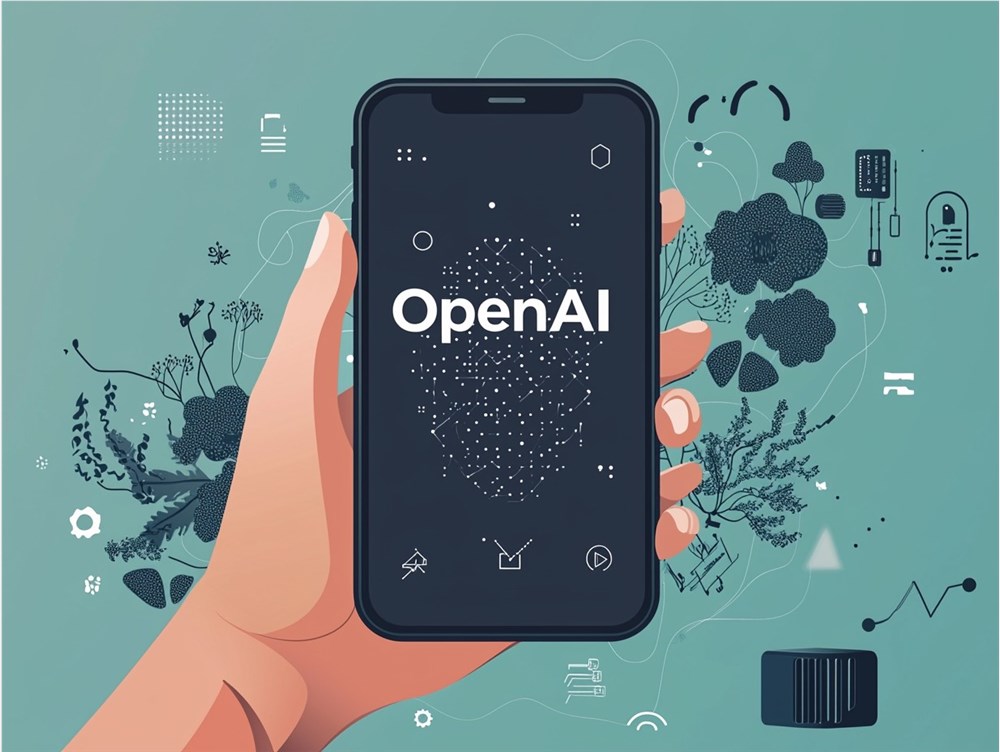OpenAI Enhances Security to Safeguard Sensitive Data
OpenAI Strengthens Security Amid Rising Threats
In an era where corporate espionage and data breaches are escalating, OpenAI has rolled out stringent security protocols to safeguard its proprietary technology. The company's latest measures include an 'information isolation' policy, restricting employee access to sensitive projects like its next-generation o1 model. Only vetted team members can discuss such initiatives publicly, minimizing leakage risks.
Physical and Digital Safeguards
OpenAI has fortified its defenses with biometric access controls, such as fingerprint recognition, in critical office zones. Core technologies are stored in offline systems, entirely disconnected from external networks to prevent cyber intrusions. Additionally, the firm adopted a 'default deny' internet policy, requiring explicit authorization for any external connections—a move that significantly bolsters its cybersecurity framework.

Industry Context and Analyst Insights
The upgrades reflect growing concerns over intellectual property theft, particularly from foreign competitors. Analysts note that OpenAI’s actions also respond to internal vulnerabilities, highlighted by recent talent wars and leaks in the U.S. AI sector. By preemptively addressing these challenges, the company sets a precedent for peers navigating similar risks.
Key Points
- Information isolation: Strict access controls for sensitive projects.
- Offline storage: Core tech housed in network-isolated systems.
- Biometric security: Fingerprint scans for restricted areas.
- Default-deny policy: External connections require approval.
- Talent competition: Measures counter internal and external threats.